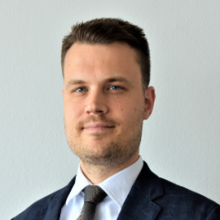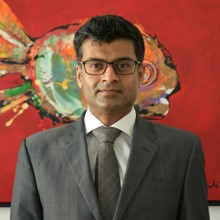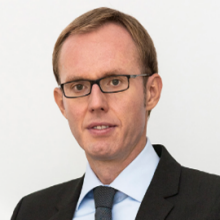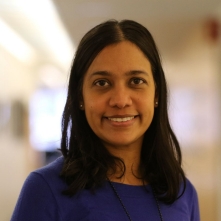If Croatia implements measures to increase its population’s human capital and economic participation, it could greatly boost its long-term growth. If Croatia can achieve substantial increases in labor participation and human capital, it will greatly enhance its ability to seize the opportunities and mitigate the risks, according to a new World Bank report presented at the Harnessing Human Capital for Growth in Croatia knowledge sharing event.
- Overview
- BACKGROUND
- AGENDA
- SPEAKERS
- RELATED
Date: April 10, 2024
Time: 10:00-12:30
The World Bank report Croatia Human Capital Review: Unleashing Potential for Economic Takeoff amid Demographic and Technological Change report looks at two major trends that are significantly affecting Croatia’s society and economy. The first trend is an aging and shrinking population, and the second is the impact of rapidly changing technology on the nature and organization of work. These trends present Croatia with both challenges and opportunities that will shape employment, wages, and economic development in the future.
The Human Capital Review focuses on the barriers to improved human capital and labor market participation rather than the conditions restricting the number and quality of jobs. Croatia has a particular need to grow activate and retain its talent. To achieve this the report suggests improvements in five policy areas, related to enhancing skills, supporting economic participation, harnessing the benefits of migration, expanding active labor market policies and reducing disincentives to work for older workers.
Demographic and technological megatrends also require adapting with enhanced employment opportunities available to the population, particularly to young people, women and older workers. Croatia has already demonstrated impressive general economic resilience in recent years, a quality that can be secured in the long run with policies to fully activate the country’s human capital.
The event gathers policy makers, representatives of local government, the European Commission, international community, private sector, think tanks, academia and civil society. The conference also hosted a panel discussion with distinguished experts entitled How to Take Croatian Human Capital to the Next Level?
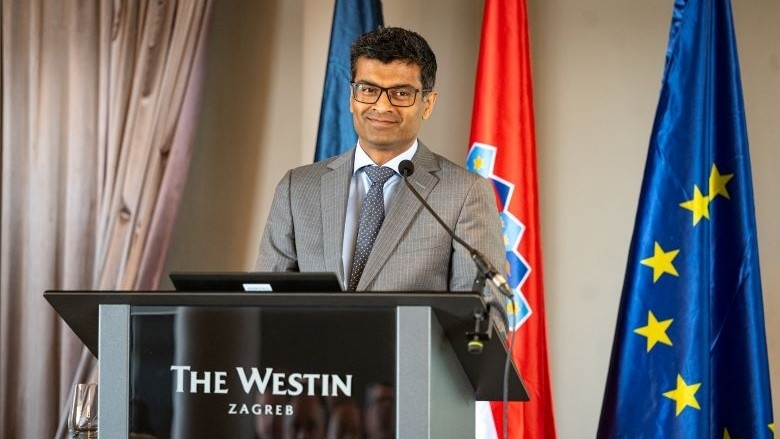

9:30 – 10:00 |
Registration |
10:10 – 10:30 |
Opening remarks:
|
10:30 – 11:00 |
Presentation: Harnessing Human Capital for Growth in Croatia - Unleashing Potential for Economic Takeoff Amid Demographic Challenges
Protection and Labor |
11:00 – 12:15 |
Panel Discussion: How to take Croatian Human Capital to the Next Level?
|
12:15 – 12:25 |
Closing Remarks:
|
12:25 – 13:30 |
Reception |
Date: April 10, 2024
Time: 03:30 AM - 07:30 AM ET
Location: Zagreb

